Is your business searching for a user-friendly yet feature-rich CMS platform to manage your website content? As web development has evolved, various CMS platforms have outperformed their predecessors, offering innovative solutions for businesses today. With numerous options available, choosing the right CMS can be overwhelming.
"According to Statista, the CMS market genrated $22.04 billion in revenue by 2024. Furthermore, from 2024 to 2029, the market is anticipated to grow at an annual rate of 4.90%, reaching $28.00 billion by 2029."
Rather than diving deep into the specifics of each CMS platform, let's take a brief overview of CMS development. Understanding the fundamentals will help you see why a CMS is an invaluable companion for your business.
- The projected revenue in the Content Management Software market is expected to reach US$23.17bn by 2025.
- In 2025, the average Spend per Employee in the Content Management Software market is projected to reach US$6.45.
Here are the 11 best and most popular CMS platforms in 2025 that can elevate your online presence and streamline your content management process.
CMS Platforms: A Brief Overview
The ability to work together is a significant benefit of CMS development. Several authors/editors can work together to produce a publication. Due to its browser-based nature, a content management system may be accessible from anywhere by an unlimited number of people.

Suggested Reading: Strapi Headless Cms Guide: Features And Use Cases
Site expansion is possible with the aid of a content management system. A CMS is a type of software that enables website owners to store and manage their site's data in one central server while also providing collaborative editing tools, flexible layout options, and third-party plugin support. For educational websites offering resources like paper writing help, a CMS ensures that new guides, templates, and user submissions can be easily added and organized without technical complications.
11 best CMS platforms in 2025
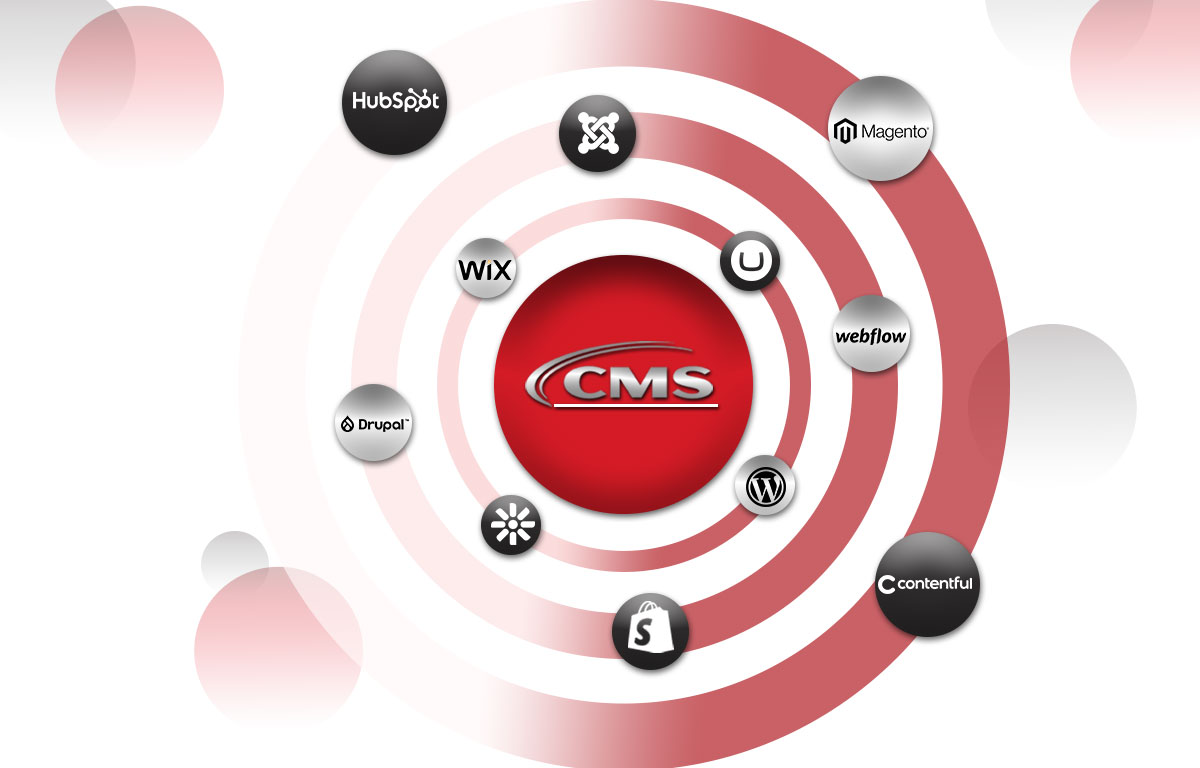
1. HubSpot CMS
It's incredible how well HubSpot CMS Hub integrates a company's website with its marketing goals. The primary goal of every website should be to increase internet traffic and sales from qualified leads. And CMS Hub makes it easy to keep track of both your content and your clientele.
According to market statistics, over 60% of companies using HubSpot have seen a significant increase in lead conversions. Companies like Coca-Cola Beverages Northeast leverage HubSpot to streamline their marketing and sales efforts, reflecting its growing impact on business growth.
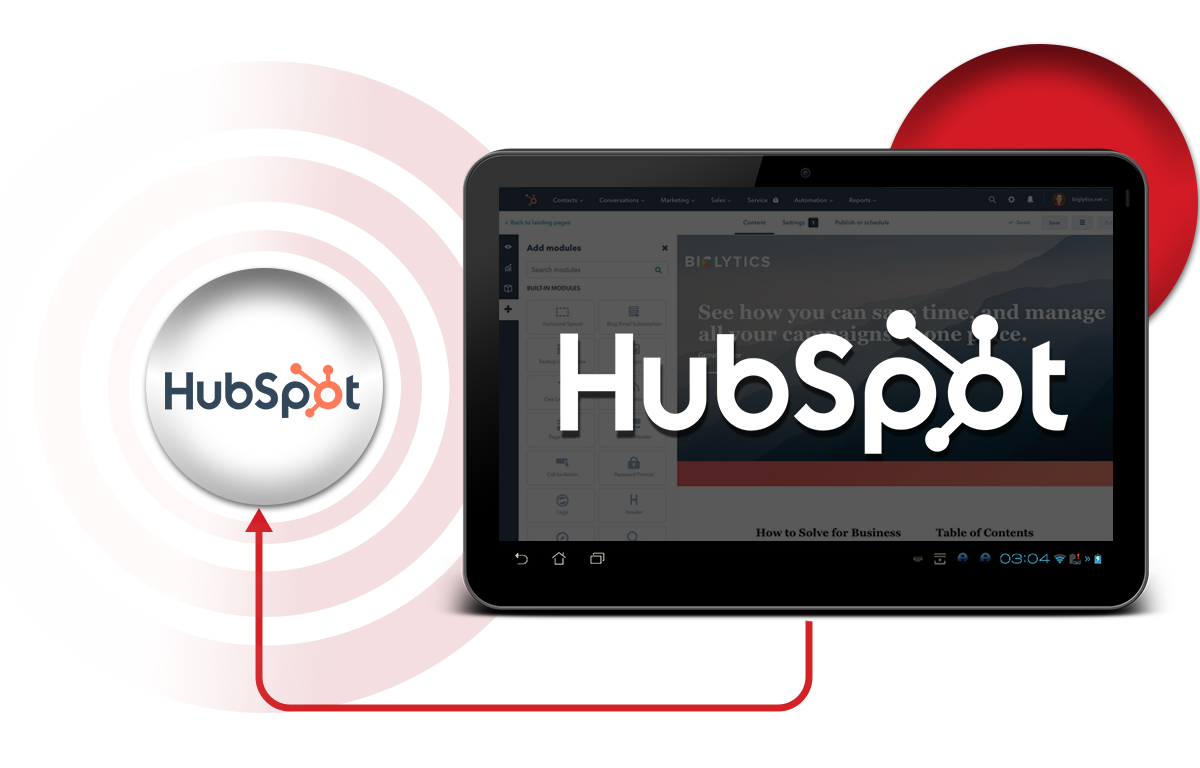 . Pros
. Pros
- Built-in CRM, marketing, and sales tools in one place
- Easy drag-and-drop website editor
- Good for lead generation and inbound marketing
- Fast hosting and strong security handled by HubSpot
- SEO tools included
- Expensive compared to other CMS options
- Limited customization if you need deep development features
- Works best only inside HubSpot’s ecosystem
2. Magento
Magento holds a 2.25% to 2.34% share of the global e-commerce platform market, with Magento Open Source accounting for about half of that. Among the top 1 million websites around the world, Magento has a 1.03% market share.
Magento, a content management system developed specifically for online shops, with a 9 percent market share. In addition, it provides effective tools for marketing, SEO, and catalog management.It gives superior reporting capabilities and facilitates better order management. The most attractive thing about it is that Magento is free. You may sign up for no charge. One of the many examples is Adobe Commerce which uses Magento.
For businesses seeking performance and scalability, Magento Enterprise Hosting solutions further enhance speed, security, and uptime.

Pros
- Excellent for large e-commerce stores
- Supports multi-language, multi-currency, and global selling
- Highly customizable with extensions
- Scalable for enterprises with high traffic
- Strong community of developers
- Complex setup and maintenance
- Hosting and development costs can be high
- Not beginner-friendly—requires technical skills
3. WordPress
WordPress provides one of the best cms development services in the market. Beginners and experts alike can use WordPress, whether they are just starting with a blog or building a fully functional website. Sony Music, for instance, uses WordPress to showcase its highlighted musicians with photos and videos.
In this case, the price may be adjusted to meet varying requirements and budgets. Additionally, WordPress offers a rich selection of free themes and excellent plugins for personalization. You can look at their prices and choose one according to your requirement.
 Pros
Pros
- World’s most popular CMS with huge community support
- Thousands of themes and plugins available
- Flexible for blogs, business sites, and even online stores
- SEO-friendly and easy to customize
- Affordable and open-source
- Needs regular updates for plugins and themes
- Can be slow if overloaded with add-ons
- Security risks if not managed properly
- May require developer help for complex customizations
4. Contentful
In contrast to traditional content management systems, Contentful's material is independent of any particular web page. Instead, data is presented as content via an API. Consequently, people who are less equipped with technology can find it easier.
Use Contentful if you want to build a unique website that connects to your other digital properties. The website of the Scandinavian Airlines System is a fantastic illustration of this. There, guests may do anything from downloading the SAS app to booking flights and checking in.
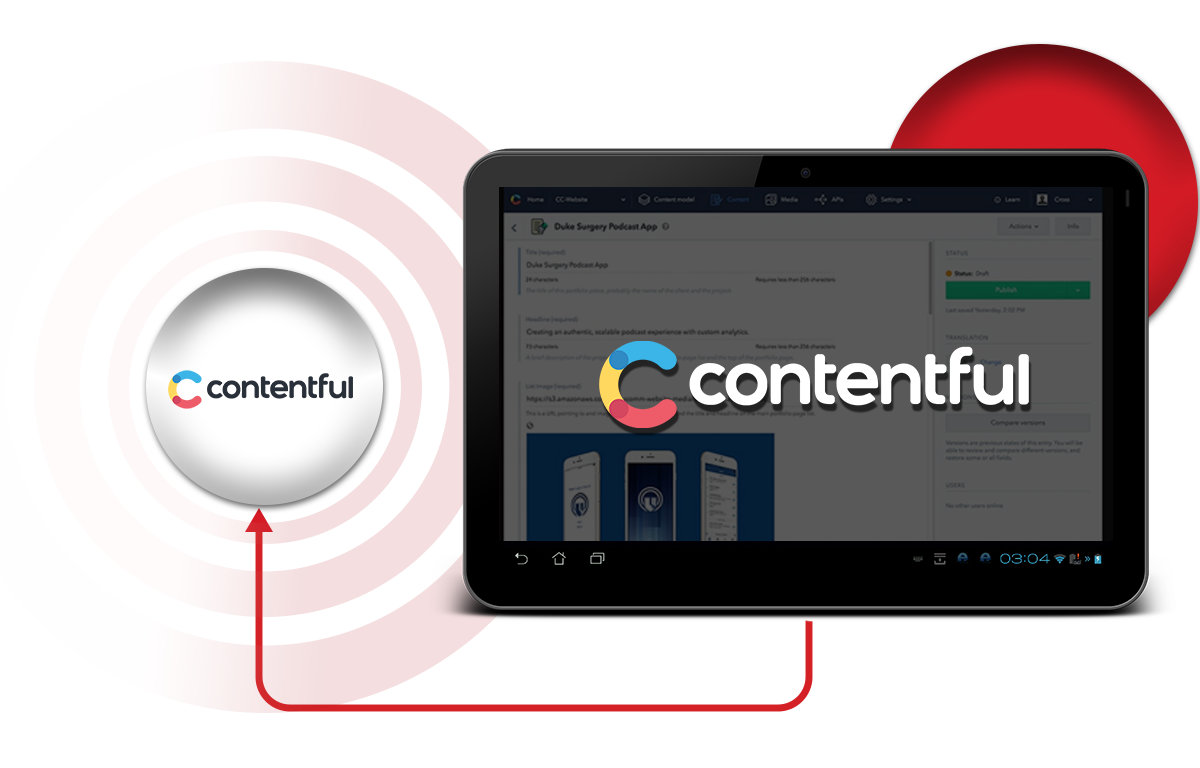 Pros
Pros
- Headless CMS—content works across websites, apps, and devices
- Developer-friendly API integration
- Great for businesses needing multi-channel publishing
- Flexible structure for large projects
- Cloud-based and fast
- Not as beginner-friendly as WordPress or Wix
- Can get costly as your usage grows
- Requires developers for setup and ongoing updates
5. Umbraco
Recommended Read: Why You Should Upgrade To Umbraco 8
Having MVC and WebForms support makes it simple for programmers to create software in their preferred language. It was also meant to help web developers make sites that are faster to load, safer, and need less maintenance. Companies like BMW and Volvo employ the Umbraco content management system as well.
Umbraco has market share of 3.14% in web-content-management market. Umbraco competes with 64 competitor tools in web-content-management category.
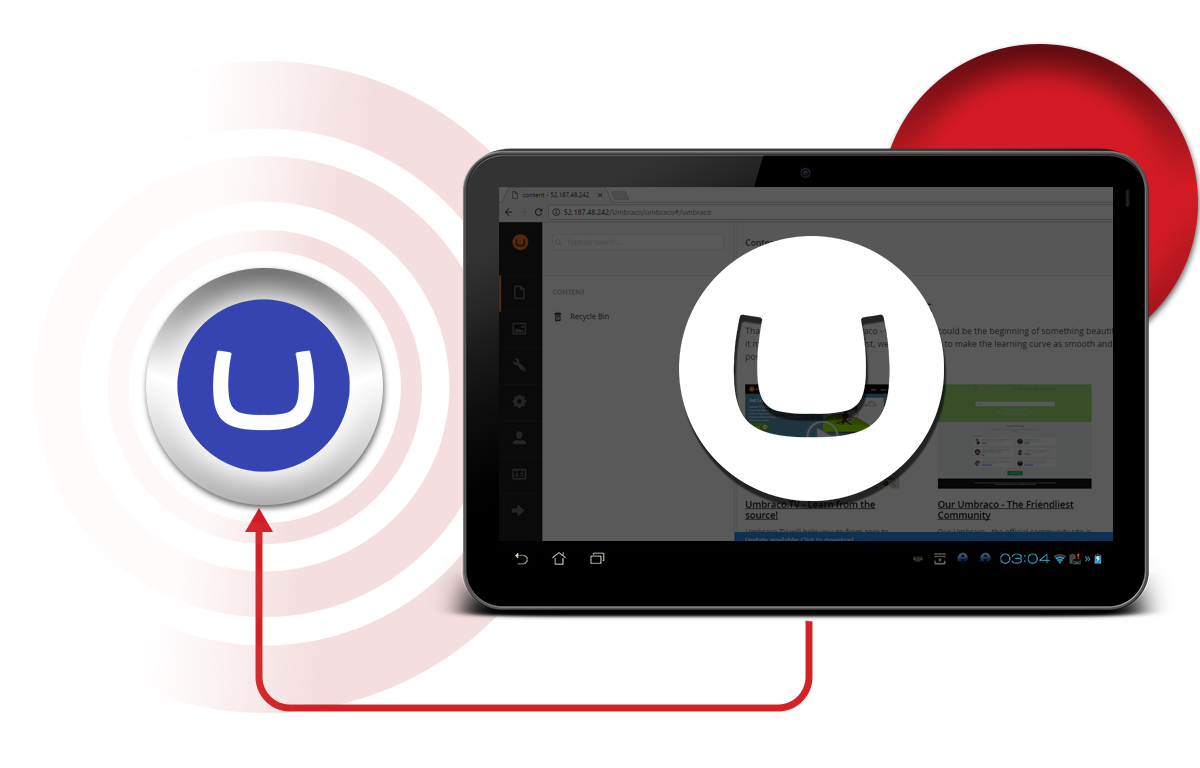.png) Pros
Pros
- Open-source and flexible
- Strong support for Microsoft .NET developers
- Clean, easy-to-use editing experience
- Good for medium to large business websites
- Active developer community
- Limited pre-built themes compared to WordPress
- Smaller ecosystem than other CMS platforms
- Works best only in a Microsoft environment
6. Drupal
The NASA website is a showcase for the Drupal content management system, which was utilized to showcase spectacular information and improve the user experience. Drupal is well-known for its commitment to delivering robust security. Website security is crucial, yet it's also a sore spot for lots of different open-source software.
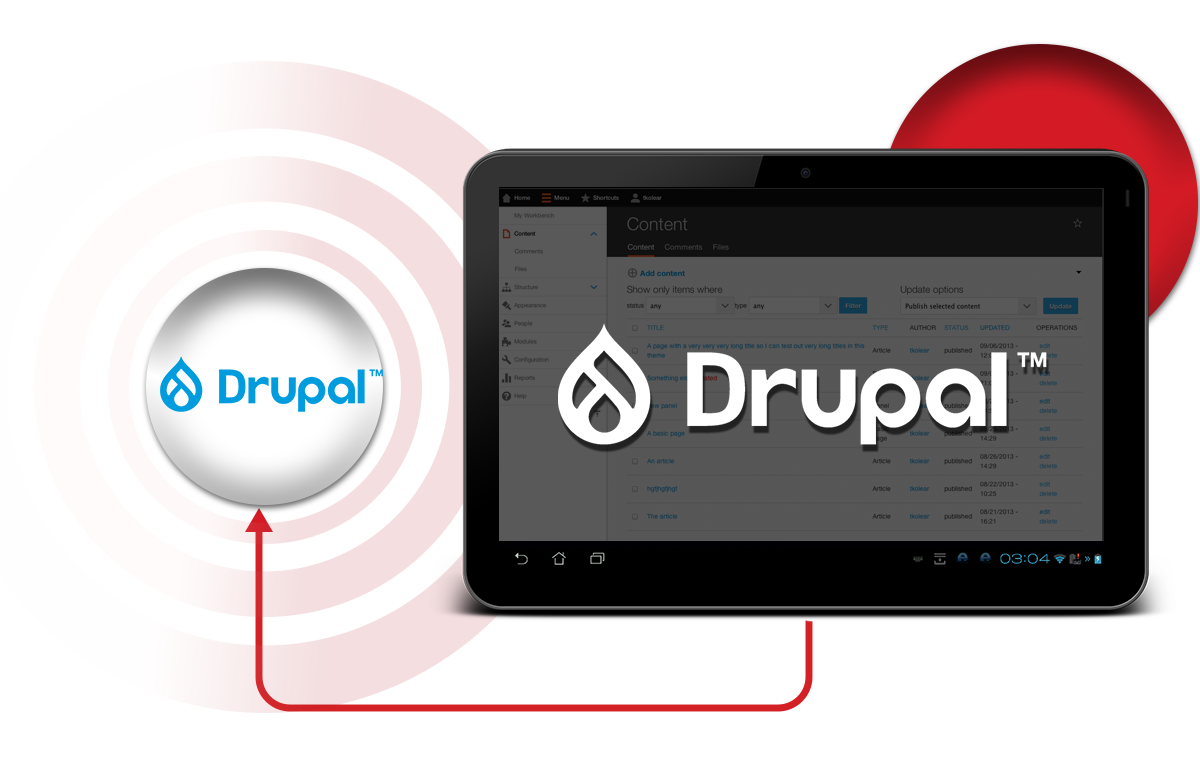 Pros
Pros
- Very powerful and secure—trusted by governments and enterprises
- Great for large, complex websites
- Highly customizable with modules
- Strong multilingual support
- Good scalability for high-traffic websites
- Steep learning curve for beginners
- Development is time-consuming and costly
- Smaller plugin/theme library than WordPress
7. Joomla
Read Also: The Battle Of Cms - Kentico Vs Joomla
UNRIC is a federal agency that aids European nations by supplying them with documents and legal information. It uses Joomla CMS to manage its work.

Joomla holds a 2.5% share of the CMS market based on the number of websites using it. Currently, about 1,000,172 websites are powered by Joomla.
Pros- Flexible structure, good for different types of websites
- Strong user and content management system
- Good multilingual support built-in
- More advanced than WordPress in some areas
- Free and open-source
- Not as user-friendly for beginners
- Plugin ecosystem smaller than WordPress
- Requires more technical knowledge for customization
- Updates and maintenance can be tricky
8. Shopify
Many people would argue that NopCommerce development would be best for Ecommerce. There’s no denial of that. But Shopify websites are no less than NopCommerce websites. World-known companies like Red Bull and many others use Shopify for their business.
 Pros
Pros
- Best for quick and easy online store setup
- Hosting, payments, and security are built-in
- Easy-to-use interface, even for beginners
- Supports many payment gateways
- Large app store for extra features
- Monthly fees plus transaction charges
- Limited design flexibility compared to open-source CMSs
- Hard to customize beyond Shopify’s system
- Content management is weaker than WordPress
9. Wix
 Pros
Pros
- Drag-and-drop editor—very beginner-friendly
- Affordable pricing plans
- Large selection of templates
- Hosting and security included
- Quick setup for small businesses and portfolios
- Less scalable for large or complex websites
- Limited flexibility compared to WordPress
- Once you choose a template, switching can be difficult
- SEO features are more basic
10. Webflow
Unlike more sophisticated CMS development platforms like WordPress, the editor in Webflow is both easy to use and aesthetically beautiful. New information may be added by simply typing into a text field. To preview the final product before going live, you may view updated material right on the page.
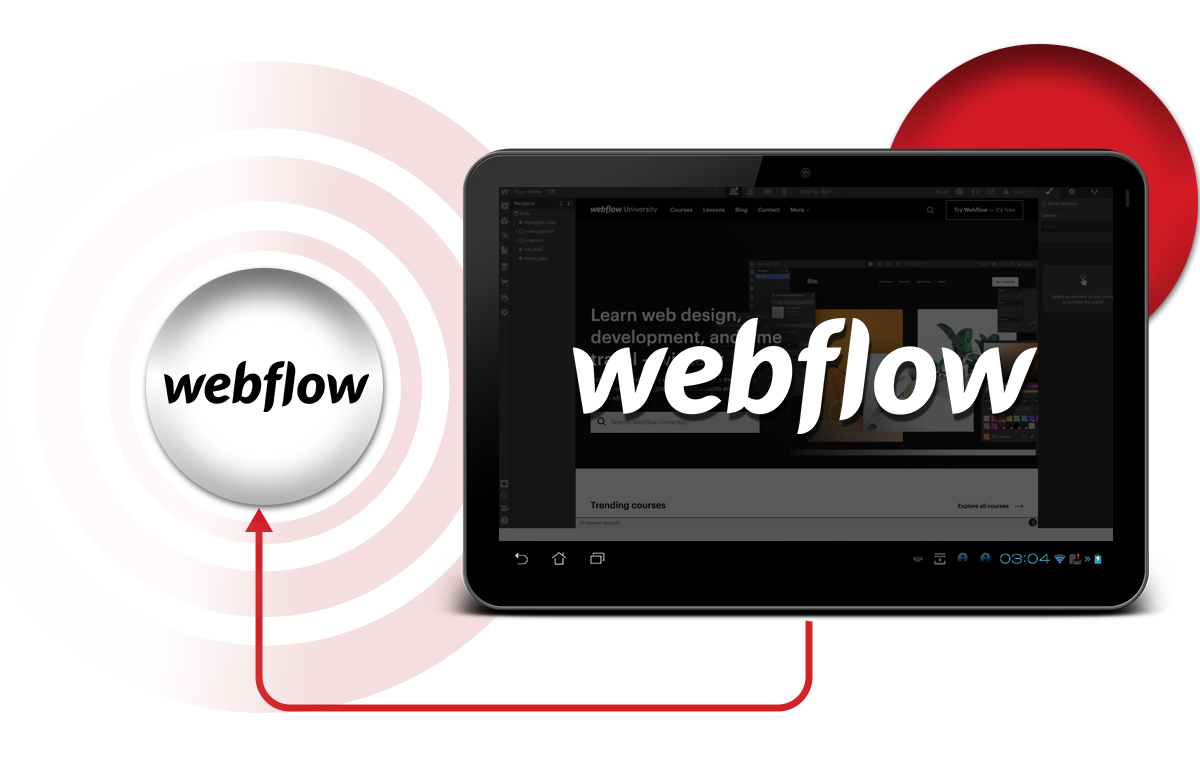 Pros
Pros
- Design freedom with no-code/low-code tools
- Clean, modern templates
- Hosting and CMS features combined
- Good for agencies and designers who want control
- Strong SEO and responsive design options
- Learning curve for beginners
- Pricing is higher than Wix or WordPress
- E-commerce features not as strong as Shopify or Magento
- May require some coding knowledge for advanced customizations
11. Kentico CMS
Kentico development will also be one of the most used platforms in 2023. You can also buy their plan and become a Kentico Gold Partner to avail of various facilities. You can also hire a dedicated Kentico developer to make sure that your website becomes top-notch
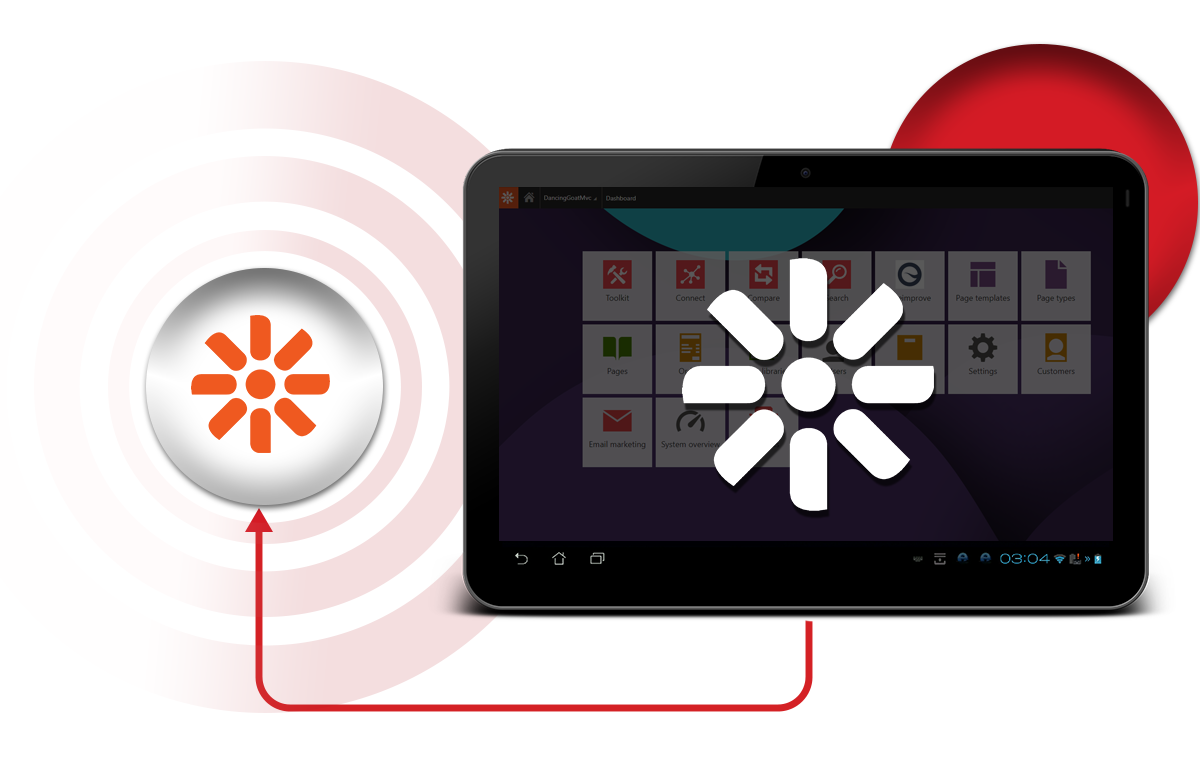 Pros
Pros
- Strong digital experience platform (DXP) features
- All-in-one CMS, e-commerce, and marketing tools
- Enterprise-level security and scalability
- Great for large organizations
- Good support and partner ecosystem
- Costly compared to open-source CMSs
- Requires technical knowledge to set up fully
- More complex than what small businesses usually need
Conclusion: Ready to build feature-rich CMS?
.png)
Meanwhile, you may also consider your budget while choosing as each CMS development platform has various price ranges. So you probably would want to choose something affordable to you while also serving most of your purposes.
Willing to build a good-in-feature CMS? Get started with Zenesys, a leading CMS development company that helps you thrive in your business in the competitive ecosystem.
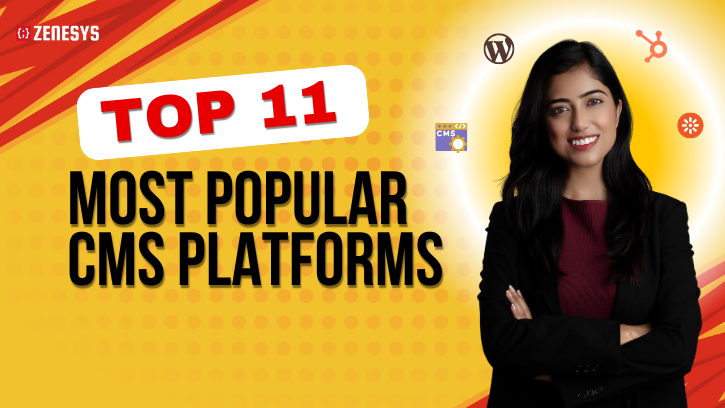_1.png?width=725&height=408&ext=.png)

.webp?lang=en-US&ext=.webp)

.webp?lang=en-US&ext=.webp)

